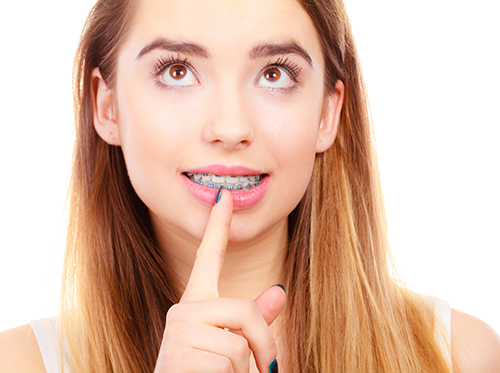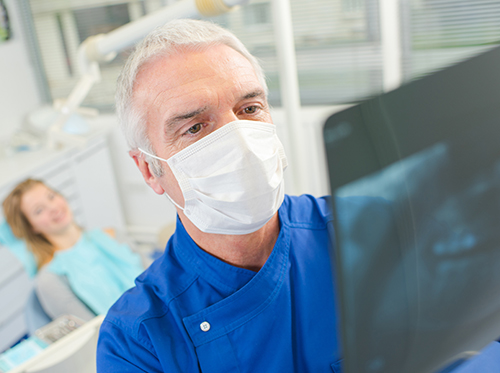Elastics and Braces
April 24th, 2024

If you’ve visited Trentini Orthodontics, then there’s a good chance you’re looking to perfect your smile by straightening your teeth with braces. At some point during your treatment, you may need to use elastics, otherwise known as rubber bands, for a certain period. These are used to apply additional pressure that will move your teeth in the right direction.
Placement of the elastics is specific to each patient’s teeth. These small rubber bands stretch over the tiny loops on both the top and bottom brackets. At first, Dr. Christopher Trentini may recommend you wear the elastics both day and night for an extended time.
You may be told to switch only to nighttime wear once the teeth are set in the correct position. By consistently wearing the elastics, you can shorten the overall time your braces will have to be on.
The elastics are made from medical-grade latex. If you have an allergy to latex, make sure to let Dr. Christopher Trentini know, so you can be given an alternate material. We will show you how to take elastics on and off when they’re given to you at your appointment.
You should remove them when you eat so they don’t become overstretched or break. It’s important not to overstretch the bands, and always to replace them if they break. Eventually it will become a familiar habit to carry the bands around with you for times when this might happen.
The Do’s and the Don’ts
- DO … always wash your hands before removing or replacing the rubber bands.
- DO … call us if you run out of elastics.
- DO … get in the habit of carrying around extra rubber bands as replacements.
- DON’T … double up on elastics because this can exert too much pressure on your teeth and could actually harm the roots.
- DON’T … overstretch the rubber bands or they will lose strength and become ineffective.
If you were recently given elastics as well as your braces, feel free to ask any questions during your appointment, or call our Greensboro, NC office any time. Using elastics correctly is one more step in your journey to a perfect smile!








 Website Powered by Sesame 24-7™
Website Powered by Sesame 24-7™